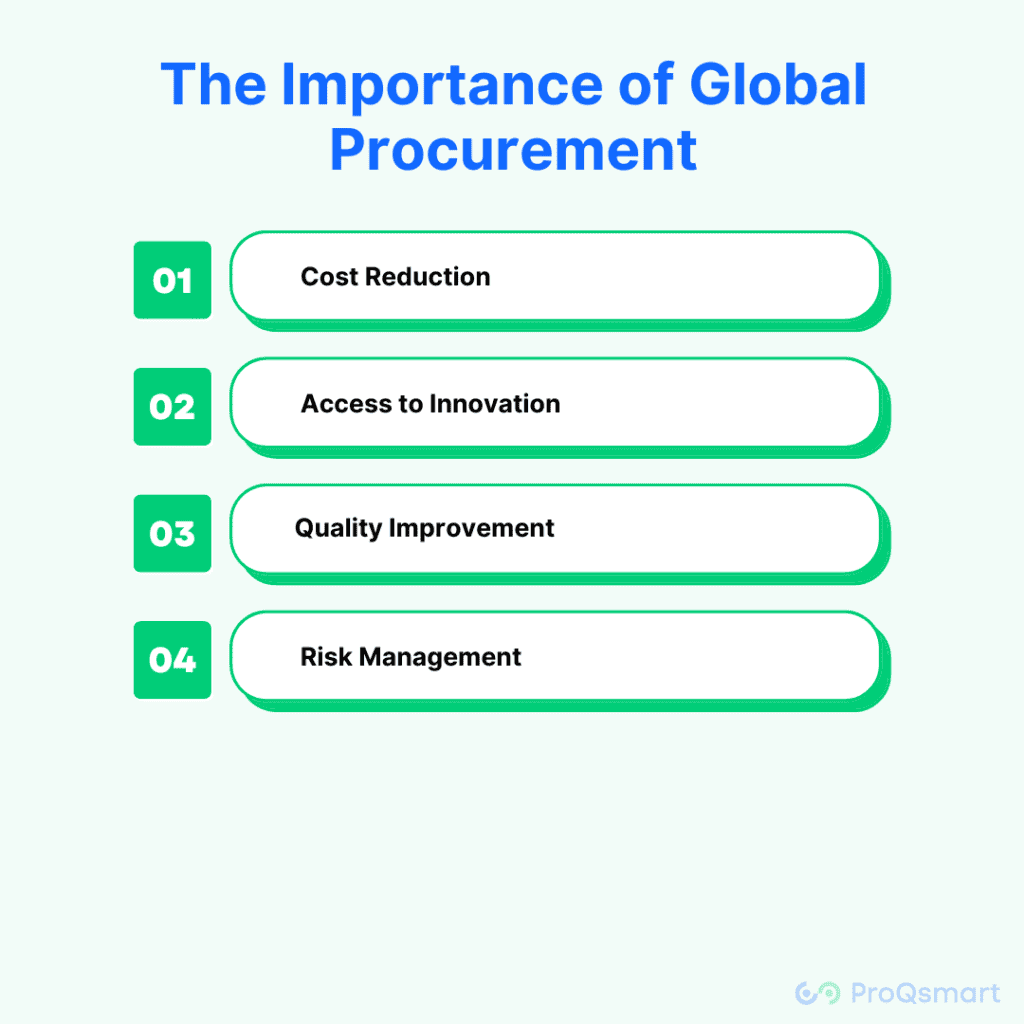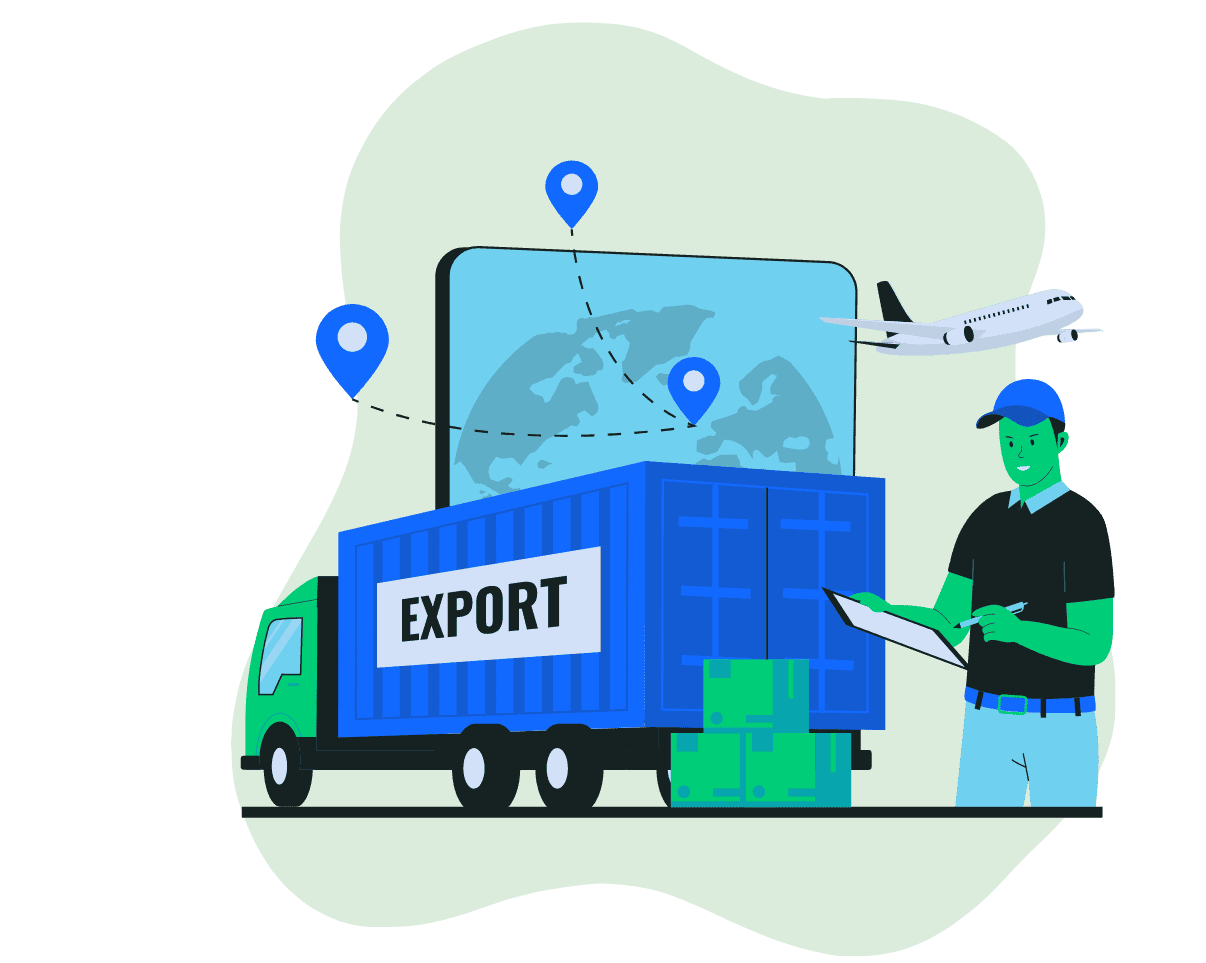In an interconnected world, global procurement stands as a critical function within the strategic sourcing framework of many businesses. This process involves acquiring goods and services from international markets to capitalize on global efficiencies such as lower costs, improved quality, and broader access to advanced technologies and skills.
What is Global Procurement?
Global procurement, often referred to as global sourcing, involves the practice of sourcing goods and services from the global market across geopolitical boundaries. It aims to exploit global efficiencies, including lower-cost skilled labor, cheaper raw materials, and other economic factors like tax benefits and low trade tariffs.
The Importance of Global Procurement

FAQs
What differentiates global procurement from local procurement?
It involves sourcing goods and services from international markets, while local procurement is confined to domestic suppliers.
What are the risks associated with global procurement?
Common risks include logistical challenges, cultural and language barriers, political instability, and compliance issues with international trade laws.
How can companies mitigate the risks of global procurement?
Businesses can mitigate risks by conducting comprehensive due diligence, diversifying their supplier base, and using hedging strategies to manage currency risk
What skills are essential for effective global procurement?
Key skills include knowledge of international trade, strategic sourcing, negotiation skills, cultural awareness, and proficiency in foreign languages.
How does technology facilitate global procurement?
Technology plays a crucial role by providing tools for supplier management, contract management, spend analysis, and risk management, all essential for efficient global operations.


